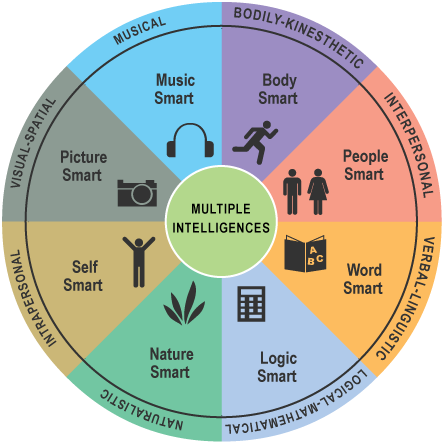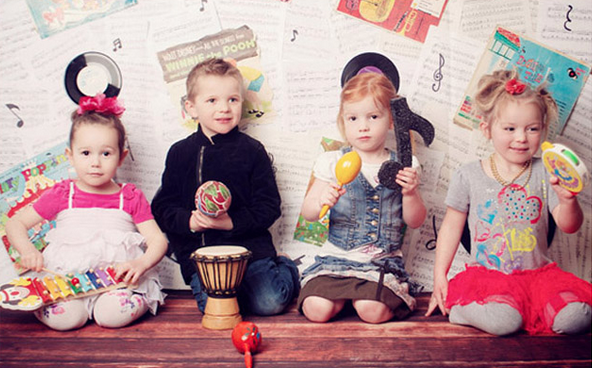Based on the theme of ‘Learning Through Musical Play’, the 19th Early Childhood Conference of the Performing Arts takes place in Victoria this weekend, presented by the Victorian Orff Schulwerk Association.
As you can imagine, this conference is something that the Bonkers Beat team is passionate about and we are proud to announce that Galina Zenin will be among the exceptional collection of presenters at this year’s conference.
The EECPA 2014 program comprehensively covers various elements of music and education, right through from exploration of holistic education to boosting your confidence and renewing your enthusiasm.
The keynote speaker is a special guest from the USA, Lynn Kleiner and she has a wealth of amazing musical approaches to education to share with us:
Lynn Kleiner will introduce delightful rhymes, folk songs, dances, world music, classical pieces as well as instruments for the youngest music makers. Children become sensitive listeners, considerate participants, & successful musicians. The use of language, movement, rhythm & melody in a game-like atmosphere develops mental concentration, coordination, self-concept & creativity, while building an excellent foundation for future musical pursuits. From the beginning, the ideas & contributions of even the youngest music maker are recognized & encouraged. Everyone, including the adults are viewed as successful music makers.
Where: Genazzano FCJ College, Kew, Victoria
When: August 16 and 17, 2014
To join us at ECCPA 2014, register online here: http://www.vosa.org/index.php/Registration/36-eccpa-2014-registration
To find out more about Lynn Kleiner’s Teacher Training Course held across Kew and Caulfield locations in Victoria from August 16-19, click here: http://www.vosa.org/index.php/events/35-lynn-kleiner-teacher-training-course



